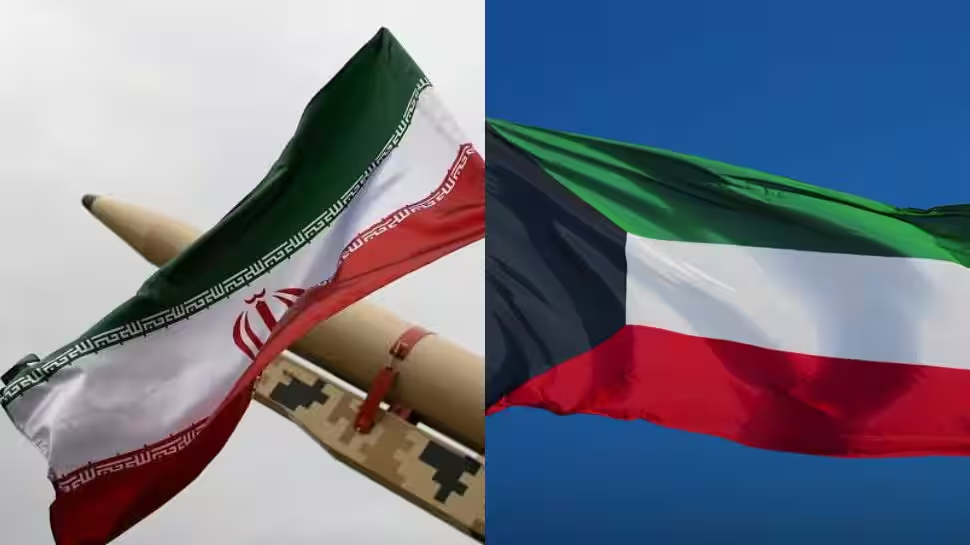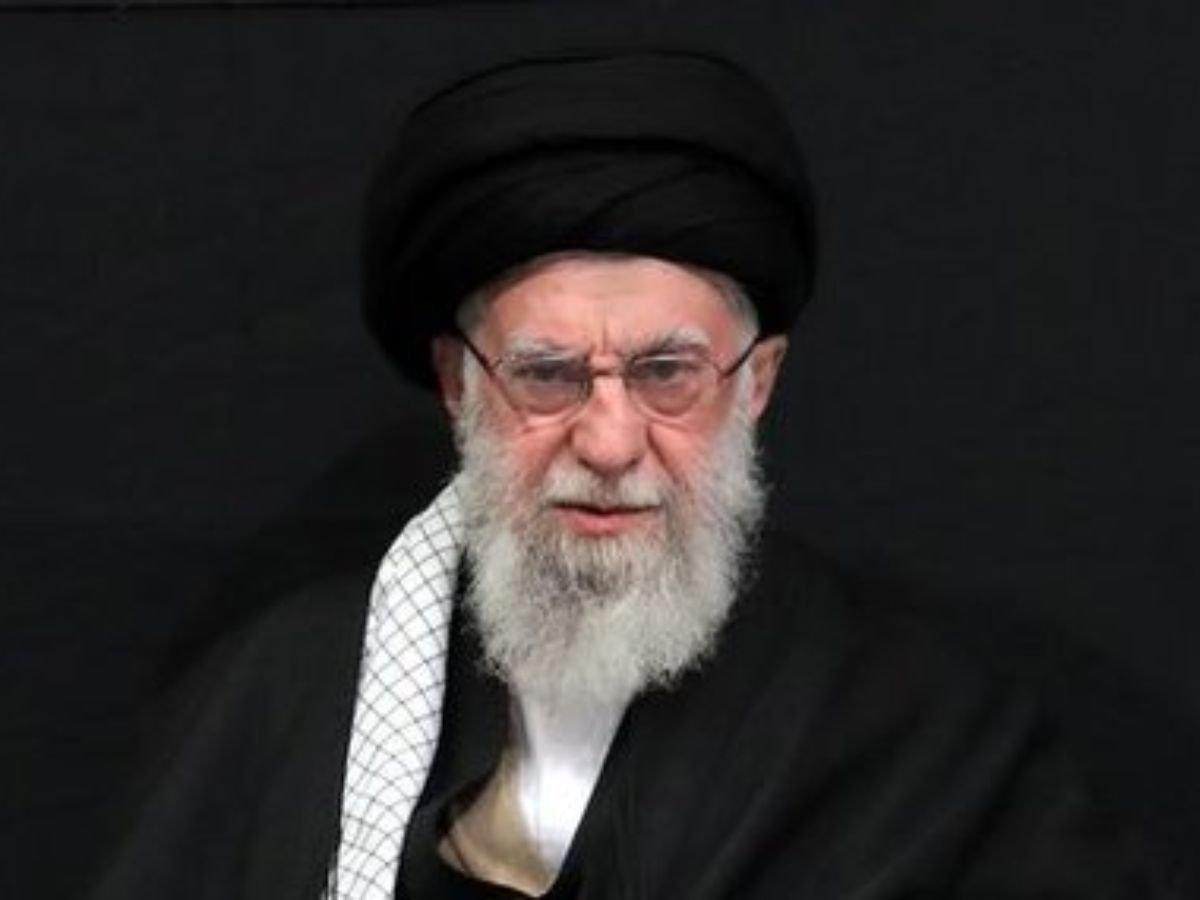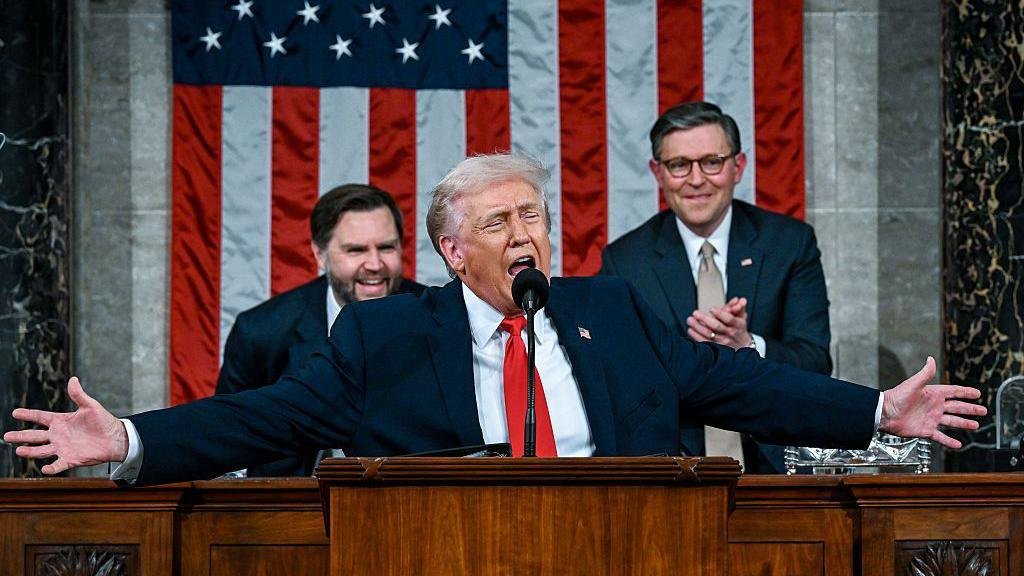Far-right Finance Minister Bezalel Smotrich said on X that halting attacks on Gaza was a “grave mistake.”
Dozens of people were killed in Israeli strikes on Gaza on Saturday, local health officials said, despite US President Donald Trump’s call for Israel to halt the bombing in response to Hamas’s announcement that it was ready to release hostages as part of its plan to end the two-year war.
Earlier, Israel had attacked Qatar, strike residential areas in the capital city of Doha.
With ceasefire talks set to begin in Egypt next week, Trump said on his Twitter account on Saturday that Israel had agreed to an “initial disengagement line” inside Gaza and that “once Hamas confirms it, the ceasefire will go into effect immediately.”
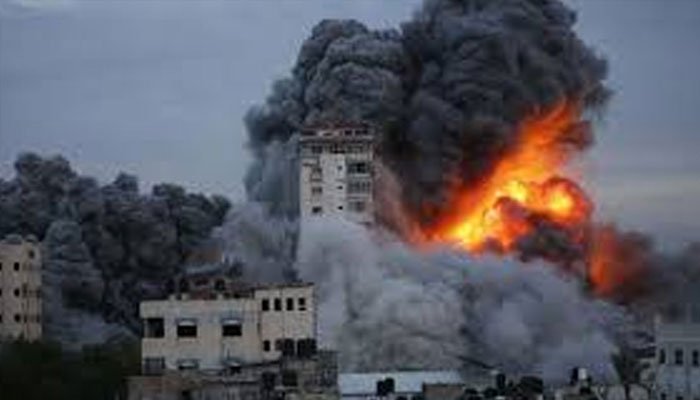
At least 36 people have been killed in bombings and airstrikes in the devastated Palestinian enclave since Trump pressed Israel to halt attacks late on Friday.
Eighteen people were killed in sporadic incidents, while an Israeli strike on a house in the Tafah neighborhood of Gaza City killed 18 people, including children, and wounded dozens more. The attack damaged several nearby buildings.
Israel said it had targeted a Hamas militant who was a threat to its troops in the area, and that reports of casualties were being reviewed.
It said in a statement that the military “regrets any harm to uninvolved civilians and is working to minimize the harm to uninvolved civilians to the extent possible.”
Hamas quoted the Israeli prime minister in a statement saying that “the continuation of the occupation’s bombing and massacre exposes Netanyahu’s lies about reducing military operations against civilians.”
Trump urged Hamas to move quickly on its Gaza plan
After 20 months of continuous military aggression in Gaza, US President Donald Trump brokers 60-Day ceasefire, as he credited Qatar and Egypt mediation.
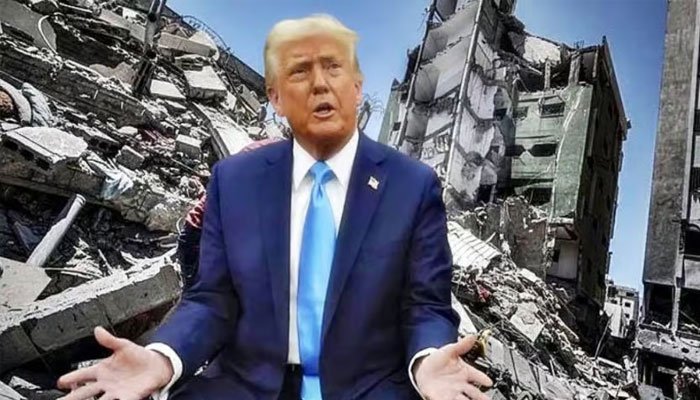
Earlier this week, Trump said he appreciated that Israel had “temporarily stopped the bombing” and urged Hamas to act quickly on his peace plan, warning that “all conditions will be lost” if they delay.
“I will not tolerate delays, which many expect, or any outcome where Gaza remains a threat. Let’s act fast. Justice will be done for all!” Trump posted on Twitter.
Hamas welcomed Trump’s announcement on Friday. It accepted key parts of his 20-point peace proposal, including a ceasefire, Israel’s withdrawal, and a prisoner and hostage exchange.
However, some issues remain open for further negotiation. Hamas has not clarified if it is willing to disarm, which is a major Israeli demand.
Later on Saturday, Trump tweeted that “after negotiations, Israel has agreed to an initial disengagement line,” which was shared with Hamas. He added that once Hamas agrees, the ceasefire will begin, and prisoner exchanges can start. He did not give further details.
There was no immediate response from Israel, which has so far shown little interest in pulling back forces. Hamas also did not comment further.
Before Trump’s statement, Israeli Prime Minister Benjamin Netanyahu said the plan’s first phase involves Hamas releasing hostages. Israeli forces would then “redeploy” but still control key areas inside Gaza.
A White House official confirmed that Trump is sending envoys Steve Witkoff and Jared Kushner to Egypt. They will finalize the details of the hostage exchange and discuss a long-term peace agreement.
Egypt’s Foreign Ministry said delegations from Israel and Hamas would also meet in Cairo on Monday.
Netanyahu said both Israel and the U.S. want the talks to be brief. He hopes to announce the return of hostages during the Jewish holiday of Sukkot (October 6–13), even as Israeli troops remain deep inside Gaza.
According to Netanyahu, the second phase of Trump’s plan would disarm Hamas and demilitarize Gaza, either through political or military means. The plan allows for Israel’s military to return to Gaza if needed, though no timeline has been provided.
Netanyahu made these remarks while tens of thousands of Israelis rallied in Tel Aviv in support of a peace deal.
Hamas’s response has drawn hopeful reactions from global leaders, who are calling for an end to the conflict and the release of hostages. This war has become the deadliest since Israel’s founding in 1948.
Support also came from the Iran-backed Palestinian Islamic Jihad group. Though smaller and seen as more hardline than Hamas, it also holds hostages and backed Hamas’s stance on Saturday.
Gazans are hopeful the plan could finally bring relief. Many have endured years of airstrikes, repeated failed ceasefires, and worsening humanitarian conditions that have displaced millions.
Still, some Palestinians worry Netanyahu might back away from any deal.
“The important thing is that Netanyahu does not sabotage this,” said Jamal Shehada, a resident of Jerusalem. “Now that Hamas has agreed, he will likely reject it, like he usually does.”
Worldwide support for ending ‘terrible war’
Israeli media reported that political leaders had told the military to reduce offensive actions in Gaza.
Meanwhile, Trump has heavily invested political capital to end the war, which has increasingly isolated Israel on the world stage.
On Friday, Trump said he believes Hamas is now “ready for a lasting peace.” He urged Israel to stop airstrikes.

However, Netanyahu faces growing domestic pressure—from hostage families and a war-weary public—to end the prolonged conflict.
At the same time, hardliners in his coalition demand that Israel continue its Gaza campaign without slowing down.
For example, Finance Minister Bezalel Smotrich called halting attacks a “grave mistake” in a post on X.
Originally, Israel launched its Gaza offensive on October 7, 2023, after Hamas attacks killed 1,200 people and took 251 hostages.
Currently, Israel says 48 hostages remain, including 20 believed to be alive.
Meanwhile, Gaza health officials report over 67,000 deaths due to the Israeli campaign—mostly civilians.


